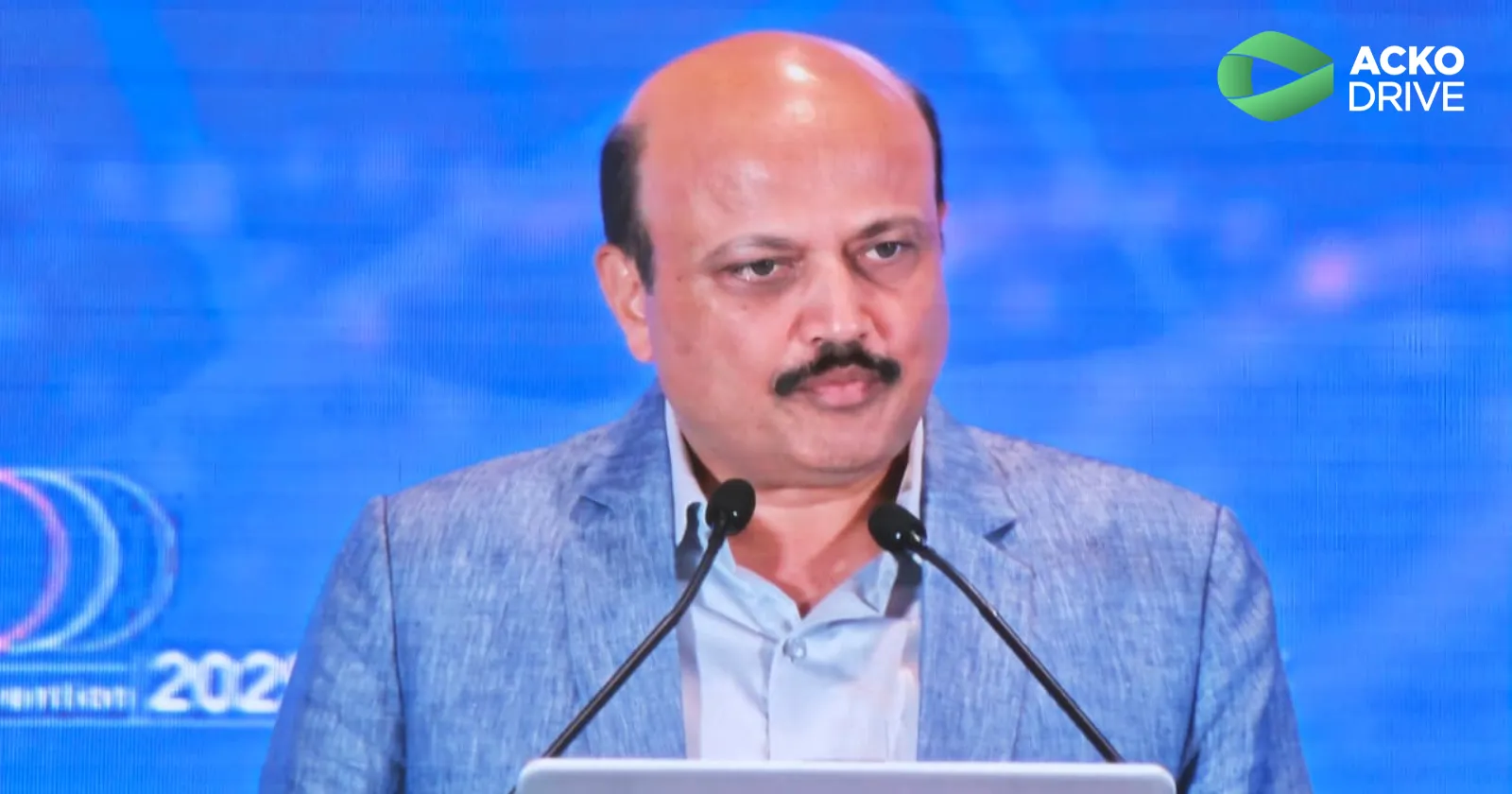The Indian automobile industry is transitioning from a domestic-focused powerhouse to a global export leader, Rajesh Agrawal, Special Secretary of Commerce, highlighted at the 65th SIAM Annual Convention.
The official noted the sector's significant growth and maturity over the last 30-35 years, with vehicle exports now showing commendable double-digit year-on-year growth to regions like Africa, Latin America, Australia, and the Gulf.
The booming exports are a heartening sign of the world's increasing trust in Indian technology and manufacturing prowess. The official highlighted that the industry has moved beyond producing vehicles solely for the domestic market, now creating "world-class passenger vehicles and commercial vehicles" that meet global aspirations.
This growth is mirrored in the auto component industry, which is now exporting over $15 billion annually and is ready for global competition. To further accelerate this trajectory, the government is pursuing ambitious free trade agreements (FTAs) with developed economies like the UK, Australia, and the UAE. These pacts are designed to secure deeper market access for India's automobile and auto component sectors.
Negotiations are being carefully calibrated to protect domestic industries where needed while still integrating with global supply chains. A key ongoing negotiation is the FTA with the European Union, which holds significant potential for the Indian auto industry.
Agrawal also urged the industry to proactively address future challenges. He stressed the need for greater supply chain resilience, citing the risk of over-concentrated supply chains for critical components like permanent magnets. The government is ready to partner with the industry to diversify sourcing and indigenise production. Lastly, a strong emphasis was placed on increasing R&D investment to fix the reported "15-19% handicap" and develop innovative, India-centric mobility solutions that can then be scaled globally.


